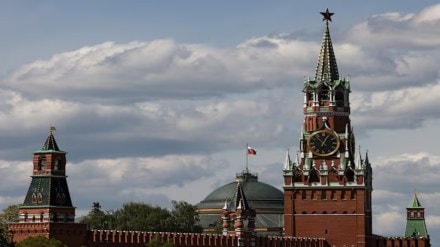President Vladimir Putin has issued a decree stating that Moscow will support any international individuals seeking to flee the neoliberal principles imposed in their nations and relocate to Russia, a country where age-old traditions are highly valued.
According to Russian state news agency TASS, Russia is providing a haven for those attempting to flee liberal Western ideals. This decree is viewed as part of Russia’s larger goal to attract those who share its conservative ideals while distancing itself from liberal ideologies common in the West.
The Russian government is anticipated to compile a list of countries that impose unhealthy attitudes on their citizens. The Foreign Ministry has been tasked with issuing three-month visas to applicants from such countries as early as September.
According to TASS, the decree document states that individuals from other countries will be granted the ability to seek temporary residency in Russia ‘beyond the quota set by the Russian government and without submitting proof of their understanding of the Russian language, history, and fundamental laws.’
For foreign citizens who are specialists in information technology, the procedure for employment and obtaining a residence permit in Russia had already been simplified.
A foreign IT specialist working for an accredited IT company can obtain a residence permit in the Russian Federation without a validity period under a simplified procedure. This is subject to the condition that such companies would have received a document on state accreditation of an organization operating in the IT sphere.
Starting January 1, 2023, foreign citizens studying in state educational institutes can apply for a temporary residence permit (RVPO) to stay in Russia for their entire study period. After six months, they can apply for a residence permit without leaving the country. Additionally, they can apply for a residence permit within three years without a temporary residence permit.
Acting on the goals posed by the President, the Russian Government continued to work to improve migration policies. New approaches were identified which took into account changes in foreign policy and the economic and social circumstances, as well as the newly emerged challenges and risks, Mikhail Mishustin said speaking at a strategic session on discussing migration issues last year in May.
At that time, the Government was about to complete the drafting of an action plan to implement the 2023-2025 State Migration Policy Concept approved by the President, as well as a draft federal law regulating the terms for foreign citizens entering, exiting and staying in Russia.
